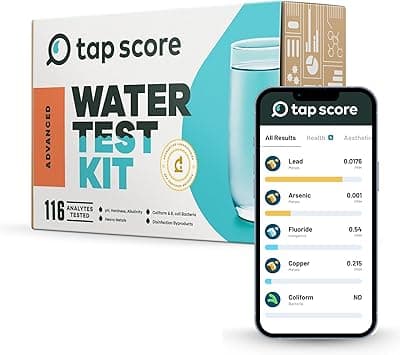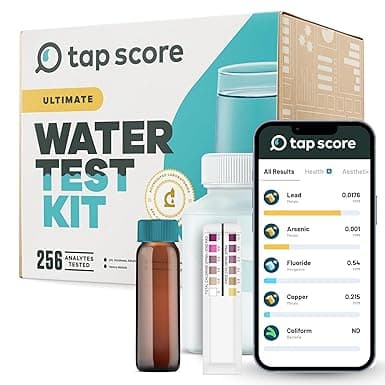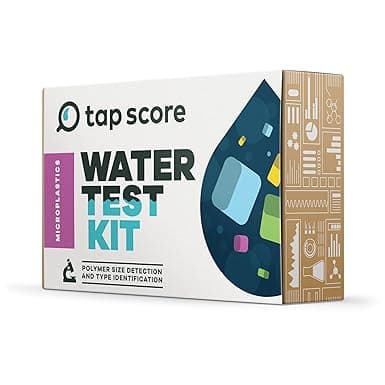Aspergillus fumigatus
Aspergillus fumigatus is a species of fungus that is commonly found in the environment, particularly in soil and decaying organic matter. It is known for its ability to thrive in various conditions, including those that are nutrient-poor. This fungus can produce spores that are easily airborne, making it a common allergen and potential pathogen in humans.
EPA MCLG Level
0 ppb
Maximum level that poses minimal health risk based on the latest science
Health Effects
Exposure to Aspergillus fumigatus can lead to allergic reactions, respiratory issues, and in some cases, invasive aspergillosis, particularly in immunocompromised individuals. Symptoms may include fever, cough, and difficulty breathing.
Affected Organs & Systems:
Common Sources
- natural deposits
- mold growth in damp environments
How to Remove It
Water filters certified under the following NSF standards are effective at removing Aspergillus fumigatus:
Filter recommendations for this contaminant are being updated.
EPA MCLG Level
The EPA MCLG represents the maximum level that poses minimal health risk based on the latest scientific research. It's often more protective than federal legal limits.
Contaminant Type
Aspergillus fumigatus is classified as a Fungi contaminant.
This contaminant primarily affects the lungs, immune system, and other systems.
Related Fungi Contaminants
Check Your Water
Find out if Aspergillus fumigatus is in your tap water.
Search cities for Aspergillus fumigatus dataTest Your Water for This Contaminant
Public water reports may not test frequently enough or at your specific tap. Professional home testing provides current, location-specific results.

SimpleLab
Standard Home Water Test
$232
Comprehensive water analysis testing over 200 contaminants including bacteria, heavy metals, and chemical compounds.

SimpleLab
Advanced Home Water Test
$369
Most comprehensive home water test including all standard tests plus additional parameters for ultimate peace of mind.

Tap Score
Advanced Microplastics Test
$636
Cutting-edge testing for microplastics particles in drinking water using advanced laboratory techniques.
Stay Informed About Your Water Quality
Get EPA reports, filter recommendations, and safety alerts for your area.
Join 10,000+ people protecting their families. Unsubscribe anytime.